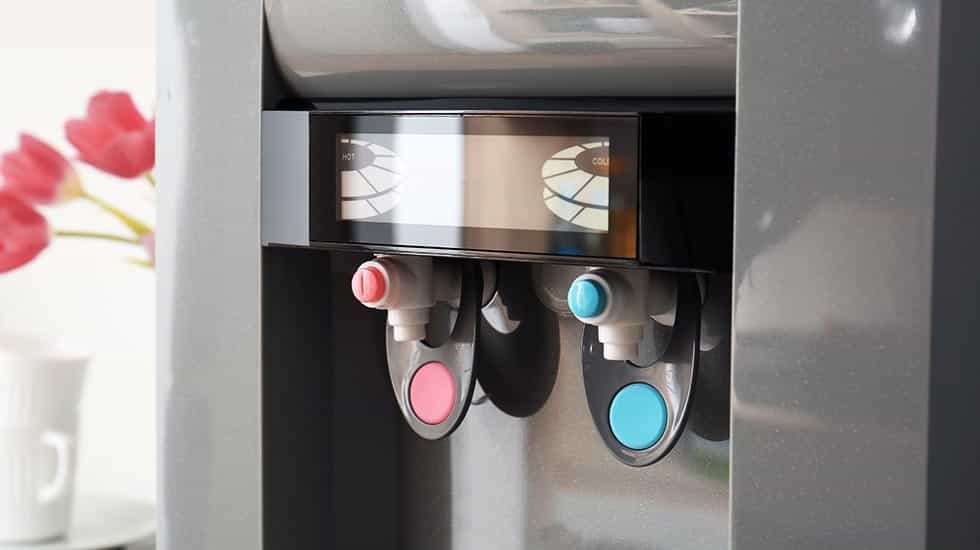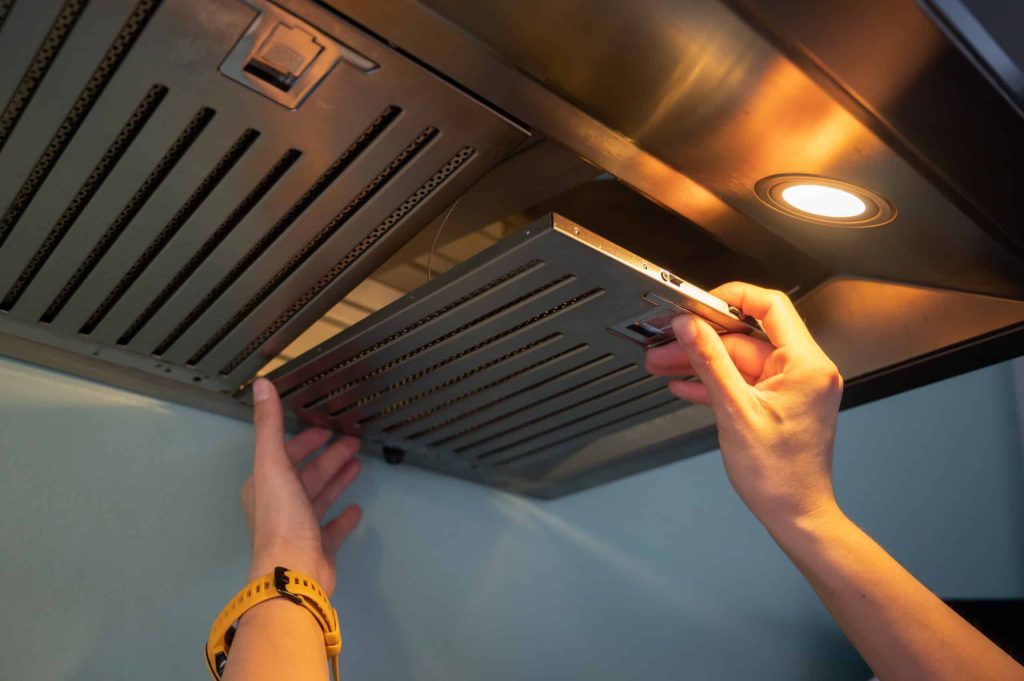Why Is a Liquor Store Merchant Account Classified High-Risk?

Table of Contents
ToggleLiquor stores operate in a unique retail environment, balancing customer convenience with strict regulatory demands. Payment processing for alcohol sales requires specialized solutions due to the industry’s complexities. Retailers need systems that handle diverse payment methods while ensuring compliance. A liquor store merchant account, often provided by platforms like 2Accept, is designed to meet these needs, but its high-risk classification raises questions.
Understanding a Liquor Store Merchant Account
A liquor store merchant account is tailored for alcohol retailers, addressing the industry’s high-risk status caused by regulatory scrutiny and chargeback risks. These accounts support secure payment processing for in-store, online, and delivery sales, integrating with POS systems and eCommerce platforms. They ensure compliance while enabling retailers to accept credit cards, debit cards, and mobile wallets seamlessly.
Factors Contributing to High-Risk Classification
Liquor stores are classified as high-risk due to strict age verification laws, potential for chargebacks, and regulatory complexities. A high-risk merchant account for liquor stores incorporates tools like fraud detection and velocity checks to mitigate these risks. These features protect retailers from financial losses and ensure adherence to state and federal regulations.
Regulatory Compliance Challenges
Alcohol sales are heavily regulated, requiring retailers to verify customer age and comply with licensing laws. A liquor store merchant account includes automated compliance tools, such as age verification prompts for online and delivery orders. This ensures retailers meet legal requirements without disrupting the customer experience, reducing the risk of penalties.
Security and Fraud Prevention Measures
Security is critical for alcohol retail, especially with the rise of digital payments. A PCI compliant merchant account for liquor stores uses encryption and tokenization to protect customer data during transactions. These measures are vital for mobile wallet payments, ensuring trust and safety for both retailers and customers.

Supporting Diverse Sales Channels
Liquor stores increasingly operate across multiple channels, including in-store, online, and delivery. A liquor store merchant account unifies these channels, enabling seamless payment processing. By integrating with eCommerce platforms and delivery apps, retailers can cater to customer preferences while maintaining compliance and security.
eCommerce and Online Sales Integration
An eCommerce merchant account for alcohol supports online sales through platforms like Shopify or WooCommerce. These accounts integrate with secure payment gateways, ensuring compliance with age verification and regulatory requirements. Retailers can offer customers a user-friendly online shopping experience with flexible payment options powered by specialized alcohol merchant services.
Delivery Sales and Compliance
For delivery services, an alcohol delivery merchant account ensures secure payment processing and compliance with delivery regulations. These accounts include tools for age verification at the point of delivery, reducing legal risks. Integration with delivery apps streamlines operations, allowing retailers to manage orders efficiently.
Benefits of Multi-Channel Support
A unified liquor store merchant account simplifies accounting and reporting across all sales channels. Retailers can track transactions in real time, ensuring compliance and operational efficiency. This flexibility supports business growth, allowing stores to expand into online and delivery markets seamlessly.
- Fraud detection tools reduce chargeback risks for high-risk transactions.
- Age verification integration ensures compliance for online and delivery sales.
- Multi-channel support unifies in-store, online, and delivery payments.
Choosing the Right Merchant Account Provider
Selecting a provider experienced in high-risk industries is crucial for liquor stores. Platforms like 2Accept offer tailored solutions, ensuring compatibility with a liquor store merchant account. Retailers should evaluate providers based on security features, compliance support, and integration capabilities to meet their specific needs.
Evaluating Provider Capabilities
When choosing a provider, consider features like real-time transaction monitoring, mobile wallet support, and robust APIs. An alcohol merchant account from a provider like 2Accept offers fraud prevention and seamless integration with POS and eCommerce systems, ensuring smooth operations across all channels.
Avoiding Common Setup Challenges
Incomplete documentation or non-compliant setups can delay account approval. Retailers should prepare business licenses, liquor permits, and PCI compliance certificates in advance. Working with experienced providers simplifies the process, offering guidance on compliance and integration best practices.
Maintaining Compliance Post-Setup
After approval, retailers must maintain compliance to keep their liquor store merchant account active. Regular PCI audits and updated liquor licenses are essential. Providers should offer ongoing support for software updates and compliance checks, ensuring uninterrupted service as the business grows.

Conclusion
A liquor store merchant account is essential for navigating the high-risk nature of alcohol retail. By addressing regulatory challenges and supporting secure payment processing, these accounts enable retailers to meet customer demands across in-store, online, and delivery channels. Partnering with providers like 2Accept ensures a seamless setup and robust features, allowing liquor stores to thrive in a competitive market while maintaining compliance and security.
FAQs
What is a liquor store merchant account?
A liquor store merchant account is a specialized payment processing solution for alcohol retailers. It supports secure transactions and ensures compliance with regulations for in-store, online, and delivery sales.
Why are liquor stores considered high-risk?
Liquor stores are high-risk due to strict age verification laws and chargeback risks. A high-risk merchant account for liquor stores provides tools to manage these challenges and ensure secure payments.
How does PCI compliance benefit liquor stores?
A PCI compliant merchant account for liquor stores protects customer data through encryption. This builds trust and ensures secure transactions, especially for mobile wallet and online payments.
Can a merchant account support alcohol delivery?
Yes, an alcohol delivery merchant account supports secure payment processing for delivery services. It includes age verification tools to ensure compliance with local regulations.
How does 2Accept assist liquor stores?
2Accept offers tailored solutions for an alcohol merchant account, providing fast approvals and compliance support. It integrates with payment systems for efficient processing across all channels.
What payment methods can liquor stores accept?
With payment processing for liquor stores, retailers can accept credit cards, debit cards, and mobile wallets. This flexibility enhances customer satisfaction and supports diverse sales channels.
- Arts & Style (100)
- Automobile (287)
- Business (5,607)
- Business and Entrepreneurship (165)
- Career Development (55)
- Climate & Environment (26)
- Creative (34)
- Culture (1,549)
- Beauty (279)
- Skincare (240)
- Cultural Studies (75)
- Digital Life (73)
- Energy Healing (31)
- Fashion (1,032)
- Clothing (693)
- Fashion Design (233)
- Philosophy (7)
- Morality (6)
- Religion (17)
- Sports (116)
- Beauty (279)
- Digital Marketing (338)
- DIY and Crafts (15)
- Economics (8)
- Education (1,274)
- Entertainment (198)
- Faith & Spiritual (10)
- Fashion and Beauty (155)
- Finance and Money Management (209)
- Fitness and Exercise (32)
- Food and Drink (169)
- Game (140)
- Health and Wellness (1,094)
- Home and Garden (385)
- Law (141)
- Lifestyle (1,363)
- Health (678)
- Home (383)
- Architecture (94)
- Interior Design (216)
- Rental Property (27)
- Pets (75)
- Relationships (70)
- Restaurants (19)
- Literature (7)
- Media (271)
- Packaging (41)
- Politics (1)
- Real Estate (257)
- Science and Nature (14)
- SEO (137)
- Social Media Marketing (51)
- Software Development (221)
- Sports and Fitness (44)
- Technology (841)
- Artificial Intelligence (239)
- Blockchain (61)
- Data Science (114)
- Gadgets (144)
- Security (139)
- Transportation (108)
- Travel & Tourism (743)
- Uncategorized (1,932)
- World (62)
- International (59)
- 5 Vegan Skincare Secrets for Sensitive Skin

- Reliable Handyman Services in Murrieta: Your Home Repair Partner

- High Class Call Girl Service Jaipur Luxury Escorts for Memorable

- High Class Call Girl Service Kota | Exclusive Escorts for Occasion

- Building Future-Ready Businesses with a Mobile App Development Company New York


Reliable Handyman Services in Murrieta: Your Home Repair Partner

High Class Call Girl Service Jaipur Luxury Escorts for Memorable

High Class Call Girl Service Kota | Exclusive Escorts for Occasion

Book Boxes: The Best Way to Protect and Store Books

Solving Dispenser Problems: Reliable Repair Services in Tallahassee

Clogged Vent Hood Filters? Professional Cleaning and Repair Services

What Are Common Risks in Equipment Transportation?
